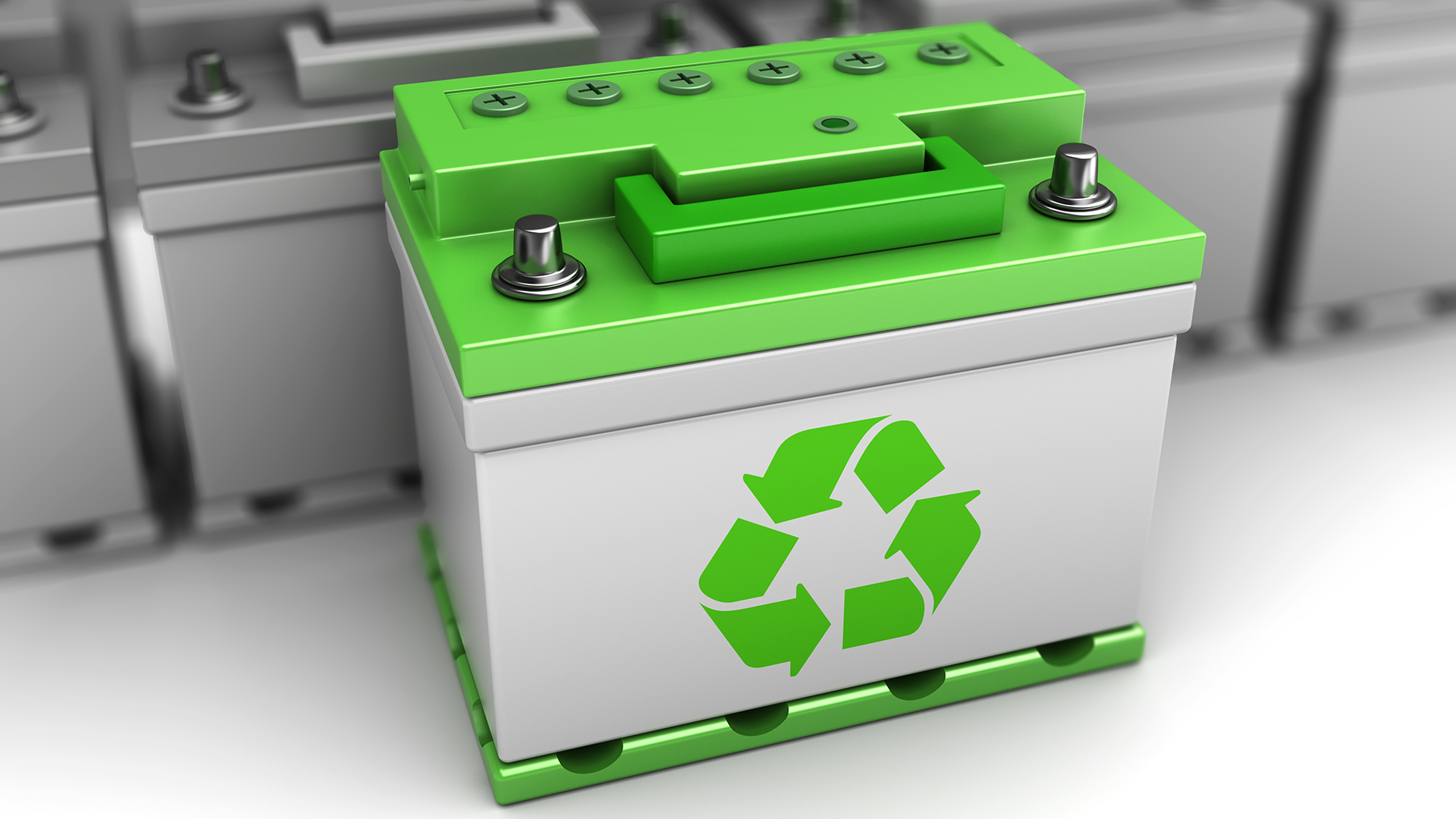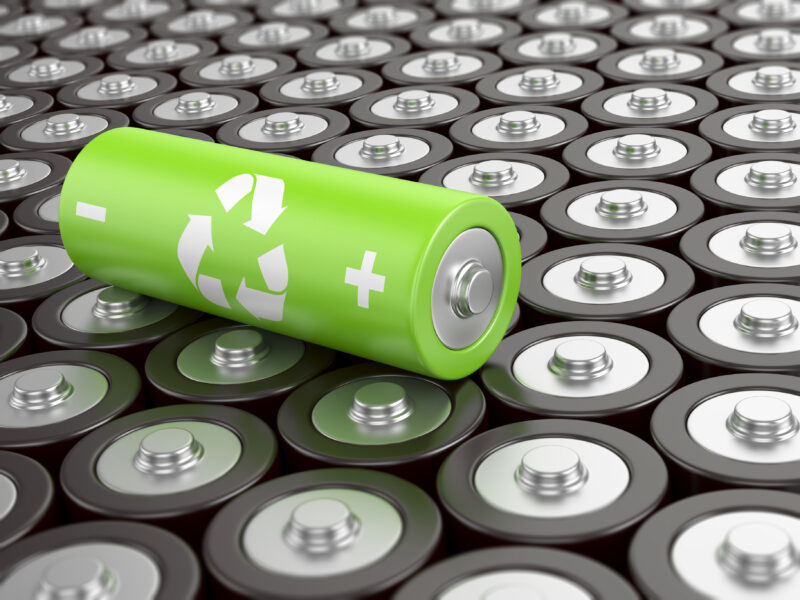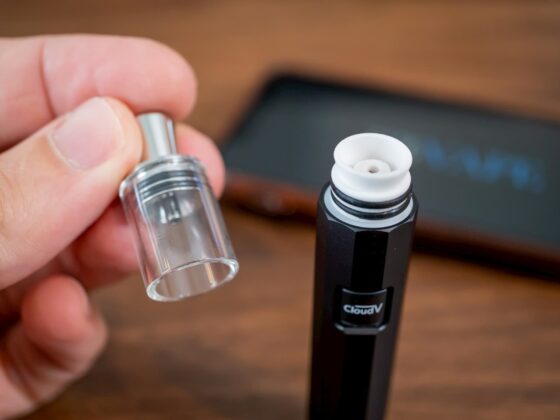In recent years, renewable energy sources have become increasingly important for powering our planet. One of the most promising new technologies in this area is LiFePO4 battery technology.
This eco-friendly power source has many advantages over traditional methods of generating electricity and offers great potential to reduce our dependence on fossil fuels.
In this article, we will explore the benefits of using LiFePO4 batteries, from their environmental impact to their cost savings compared to other forms of energy generation.
We’ll discuss why they are becoming an increasingly popular and practical choice for those looking to reduce their carbon footprint while still getting reliable and efficient electricity production.
The Benefits of LiFePO4 Batteries for Eco-Friendly Energy

The benefits of using LiFePO4 batteries for eco-friendly energy are vast. Not only do they reduce carbon emissions in several ways, but they also offer superior performance compared to other forms of energy generation. Their long life cycle provides a reliable source of power over extended periods without having to replace or recharge them as often as traditional lead acid battery types.
Additionally, their lightweight and compact design makes them ideal for applications such as electric vehicles, solar storage systems, and stationary energy storage solutions where space is at a premium. Finally, the low environmental impact associated with these cells means that you can enjoy reliable renewable electricity production while still reducing your overall carbon footprint on the environment!
Understanding the Environmental Impact of LiFePO4 Battery Use
The environmental impact of LiFePO4 battery technology should not be underestimated. As one of the most environmentally friendly energy sources available, LiFePO4 batteries help protect our planet by providing a clean and renewable source of power.
Unlike traditional lead-acid batteries, LiFePO4 batteries are made with iron phosphate and lithium ions instead of heavy metals such as lead or cadmium. This makes them much less toxic to humans and other living organisms than their counterparts.
Additionally, these batteries can last up to 10 times longer than standard lead-acid batteries which reduces the need for frequent replacement cycles, helping reduce waste that would otherwise end up in landfills or oceans. Finally, because they use natural materials like iron phosphate rather than relying on fossil fuels to produce electricity, there are significantly reduced carbon dioxide emissions associated with using LiFePO4 battery technology compared to conventional methods – making it an even more attractive option for those looking to lower their environmental footprint.

How LiFePO4 Technology Reduces Carbon Emissions
The use of LiFePO4 technology reduces carbon emissions in several ways. Firstly, it is much more efficient than other types of rechargeable batteries and can store more electricity per charge compared to traditional lead-acid designs.
This means that fewer resources are required for each unit produced, leading to reduced energy consumption and associated carbon dioxide production. Additionally, the long life cycles offered by these cells mean they can be used over extended periods before needing replacing or recharging again – thus reducing the amount of battery waste that would otherwise end up in landfills or oceans. Finally, due to their low environmental impact compared with other forms of energy generation like fossil fuels, LiFePO4 batteries are an excellent choice when looking for renewable sources of electricity without having to compromise on efficiency or power output.
Conclusion

The LiFePO4 battery pack is an increasingly popular choice for eco-friendly energy. Not only are they cleaner and more sustainable than traditional lead-acid batteries, but they also offer several advantages that make them an excellent option for anyone looking to reduce their carbon footprint.
Their low weight and long lifespan make them ideal for applications such as electric vehicles, solar power systems, or any other application where reliable energy storage is required.
The fact that LiFePO4 batteries have a low environmental impact compared to other types of rechargeable batteries makes it the perfect choice in today’s environmentally conscious world.


